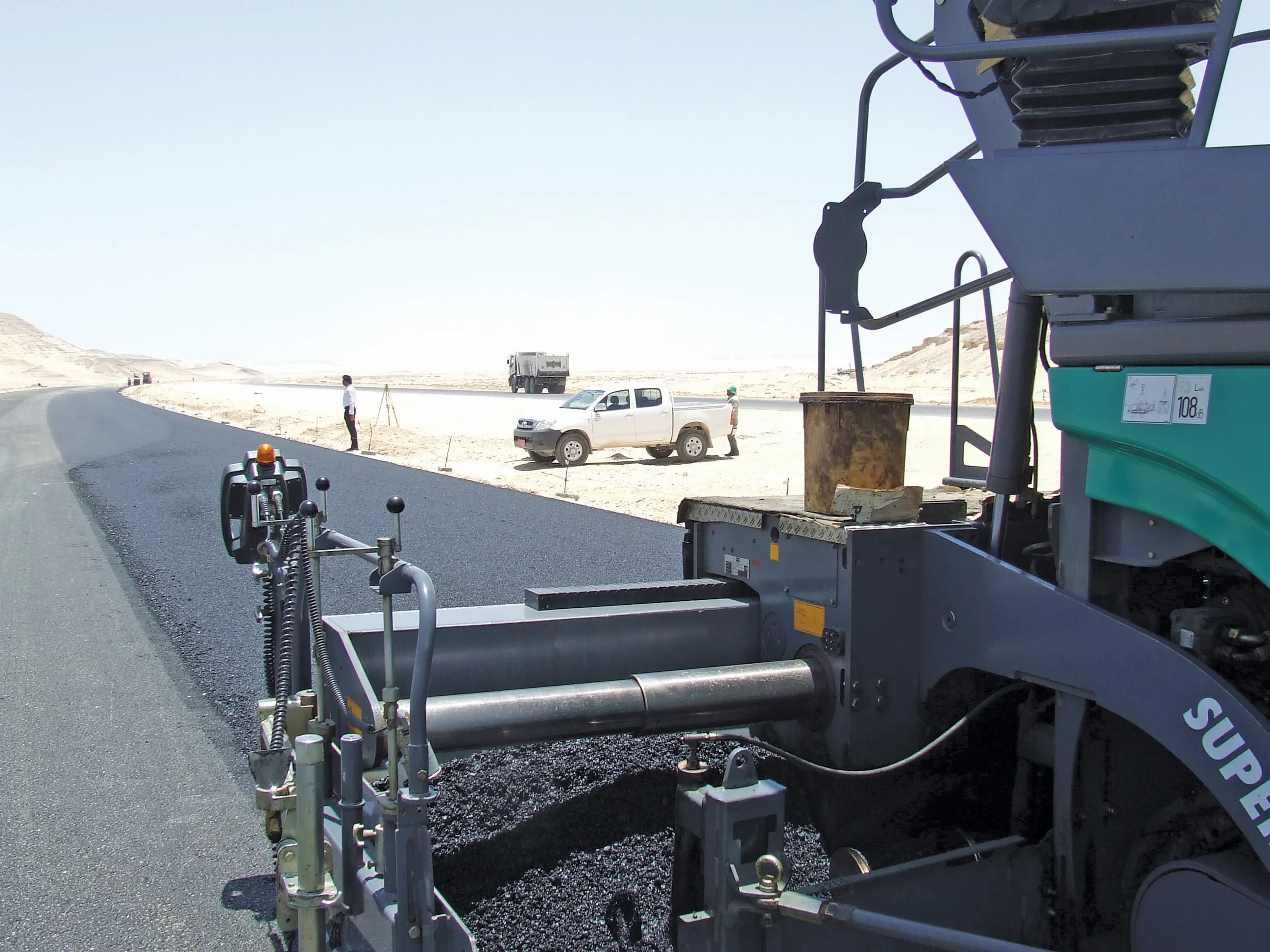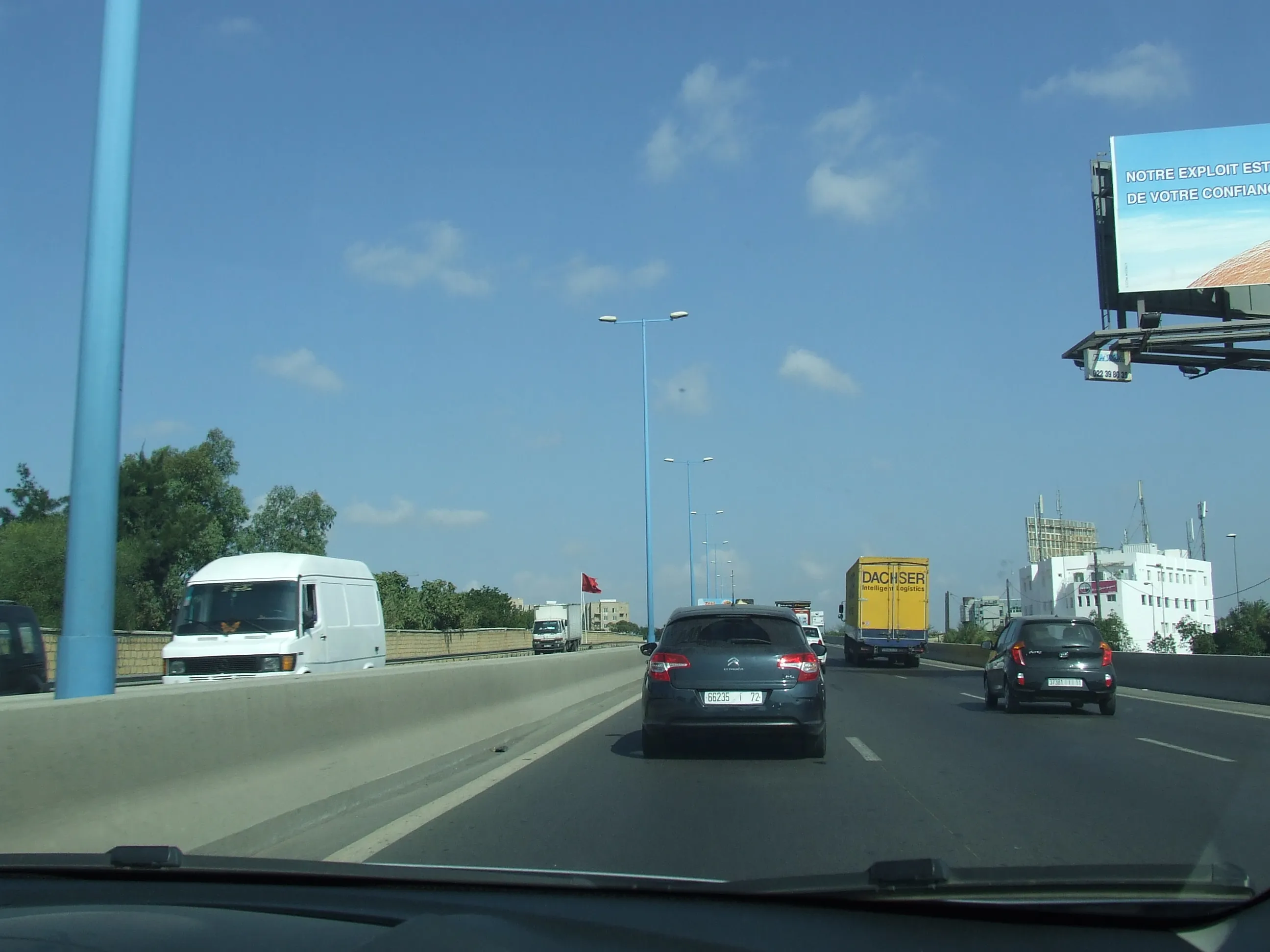A report by the Swedish National Road and Transport Research Institute (
Road edge rumble strips on motorways are said to have reduced accidents resulting in fatality or serious injury by 17% and for single accidents by 30%.
Centreline rumble strips on dual carriageways have resulted in a 6% reduction in accidents and a 14% reduction in single accidents.
Meanwhile more than half (51%) of Swedish motorists have exceeded the speed limit in the past 12 months, and 34% have driven through an amber light, according to a new poll. Other findings of the Sifo poll of 1,184 people revealed that 11% of motorists have driven without a seat belt over the past year, while 5% have driven through a red light, and 1% driven under the influence of alcohol. Additionally, almost one in three motorists sent text messages while driving over the past 12 months.
Rumble strips on Swedish motorways cutting deaths and serious injury
A report by the Swedish National Road and Transport Research Institute (VTI) claims that rumble strips on Swedish roads have reduced the number of accidents resulting in fatalities or serious injuries. Road edge rumble strips on motorways are said to have reduced accidents resulting in fatality or serious injury by 17% and for single accidents by 30%.
June 19, 2013
Read time: 1 min







